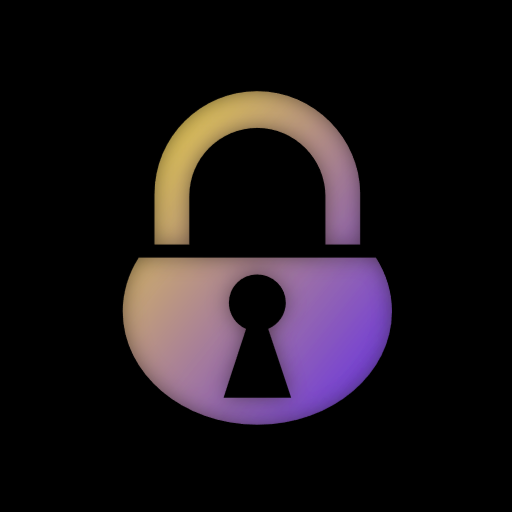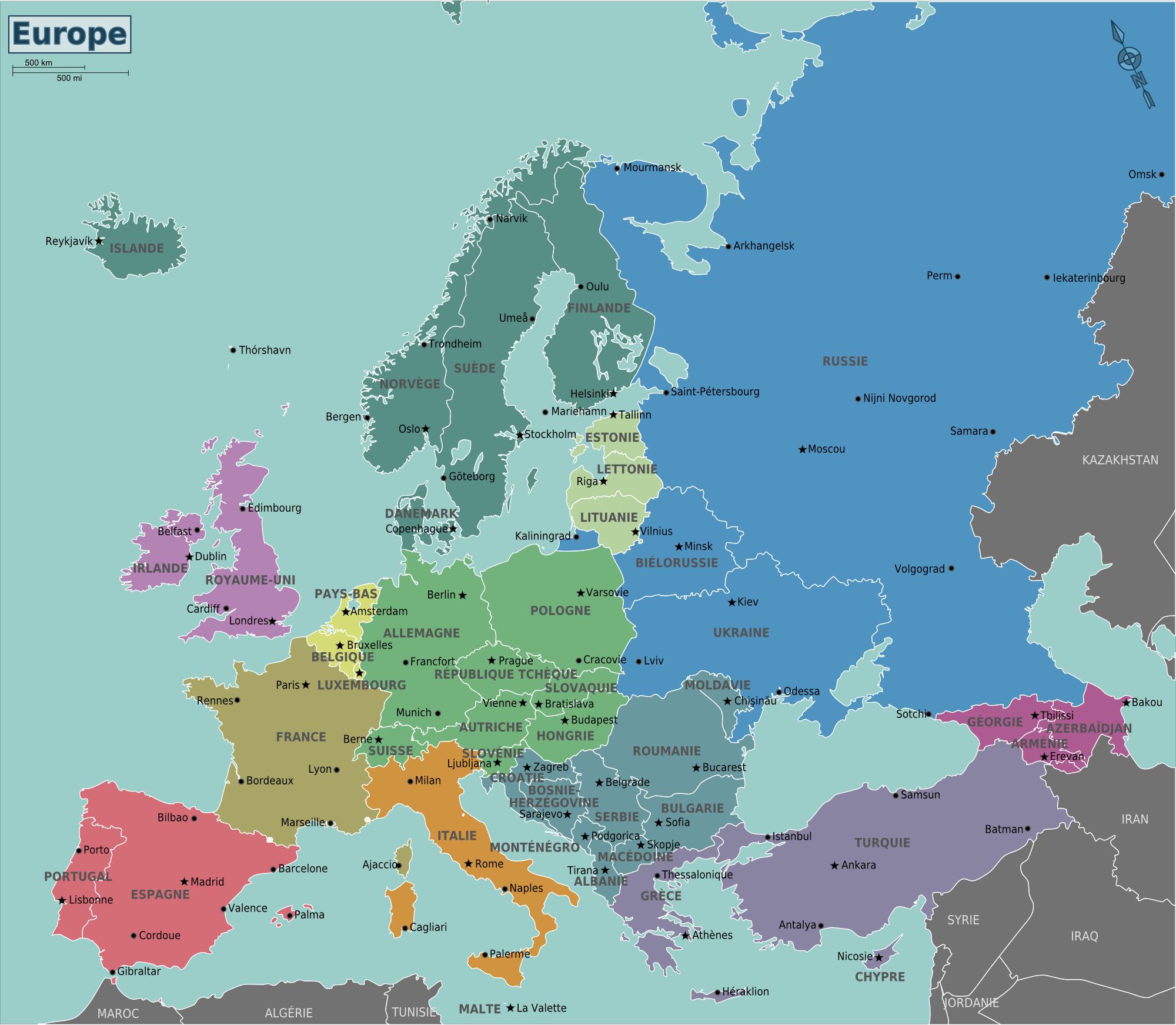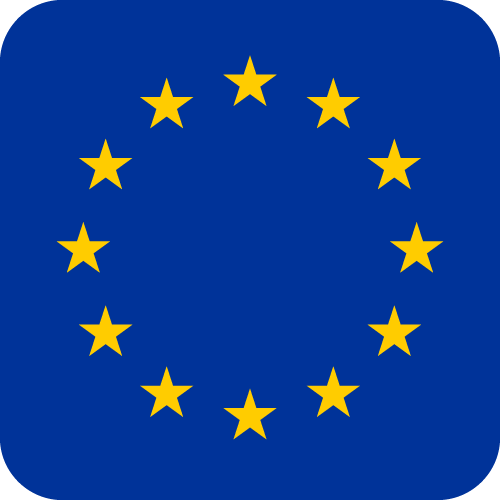

A logical next step in Russia’s descent into the worst kind of police state. It will never quite be totalitarian, that era is over and anyway the Kremlin is too cynical and incompetent to actually control people’s thoughts. The model is obviously China. China has successfully locked down its internet and every dictator in the world has noticed.























OK but I tend to think that this kind of hopeless cynicism kinda risks being self-fulfilling. There are fundamental differences between Russia and the West, ordinary people (especially in Western countries) do have some agency, and nothing about the future is set in stone.